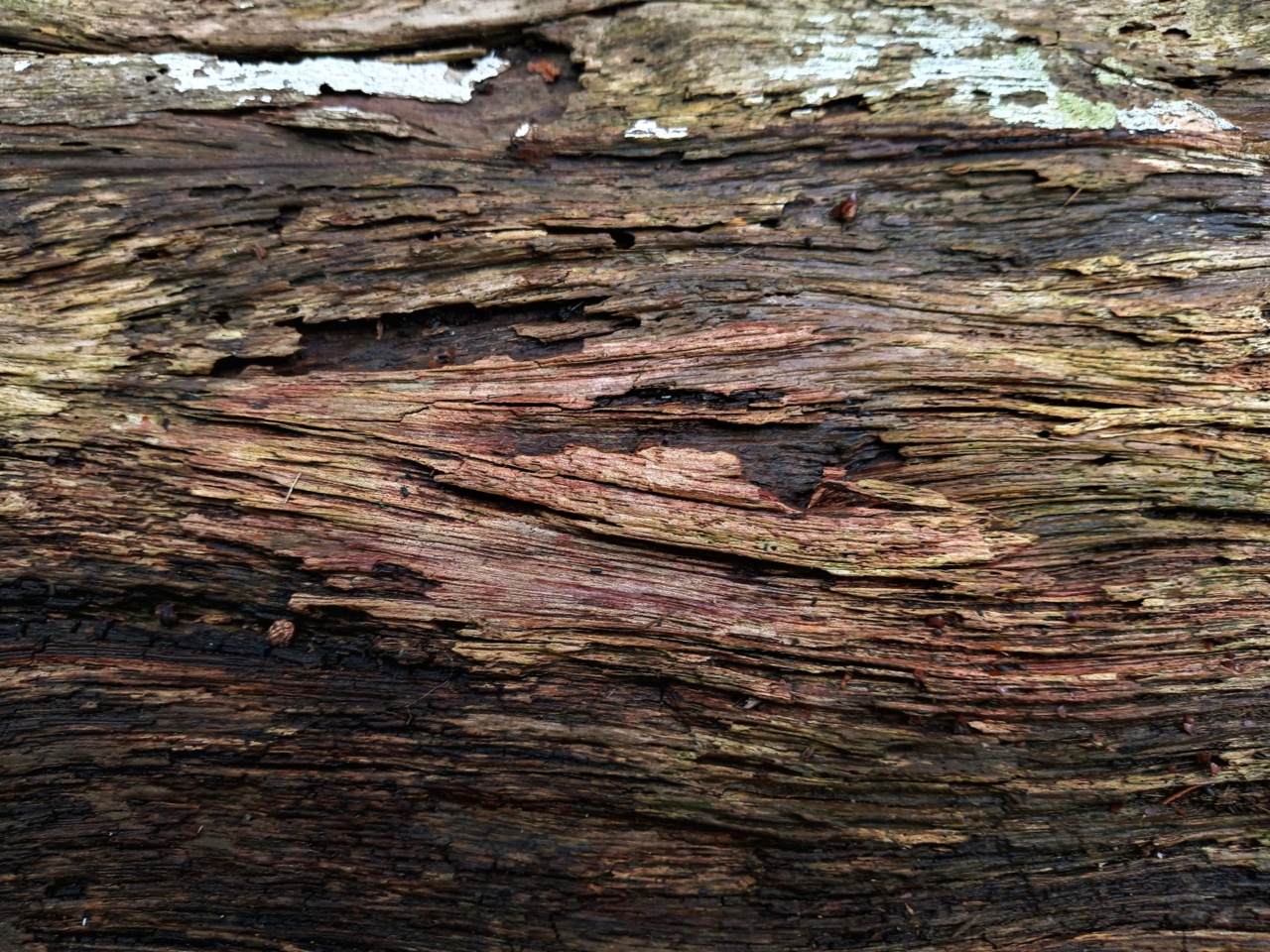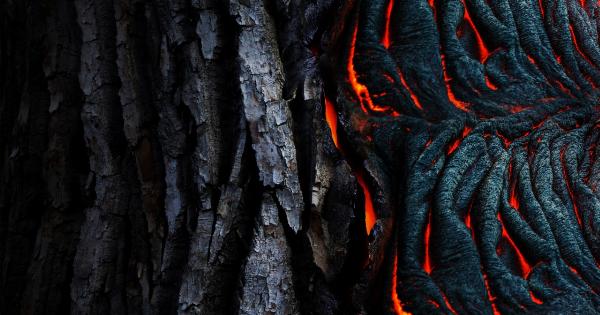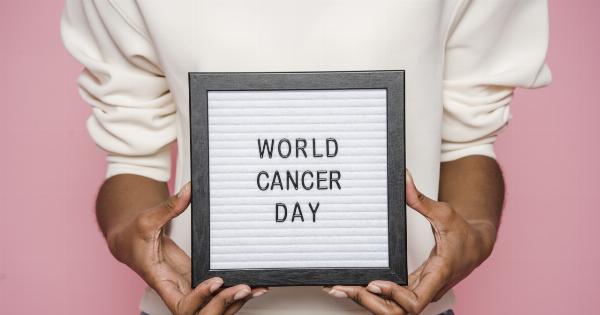Cancer is one of the leading causes of death worldwide. It comes in different forms and affects people regardless of their age, race, or gender.
Researchers have been working for decades to find a cure for cancer, and while there have been significant improvements in therapies and treatments, there is still no known cure. However, a recent discovery has given new hope to cancer patients—the discovery of a revolutionary cancer-fighting compound found in tree bark.
What is the Compound?
The compound in question is called ouabain, an extract found in the bark of the African Acokanthera tree.
While ouabain has been known for years and has been used in traditional medicine, it is only recently that its cancer-fighting properties were discovered.
Scientists from the University of Georgia conducted a study on ouabain and found that it has the ability to kill cancer cells without harming healthy ones.
This is a significant breakthrough, as most current cancer treatments also kill healthy cells, leading to severe side effects.
How Does it Work?
Ouabain works by disrupting the function of a protein called Na,K-ATPase, which is present in high levels in most cancer cells. This protein helps cancer cells to divide rapidly and spread throughout the body.
When ouabain disrupts the function of Na,K-ATPase, it causes the cancer cells to undergo apoptosis or programmed cell death. This means that the cancer cells are destroyed without harming healthy cells, making it an ideal cancer treatment.
What Types of Cancer can it Treat?
Ouabain has been found to be effective against a range of cancer types, including breast, lung, prostate, and ovarian cancers. It has also been shown to be effective against leukemia.
Furthermore, ouabain has been found to be effective against cancer cells that are resistant to other chemotherapeutic drugs. This indicates that ouabain may be able to help cancer patients who are not responding to conventional cancer treatments.
Is it Safe?
While ouabain is a natural compound found in tree bark, it is crucial to note that it is also a cardiac glycoside.
Cardiac glycosides are compounds that can affect the heart and are used in the treatment of heart conditions such as heart failure and atrial fibrillation. Therefore, ouabain should only be used under medical supervision and with proper dosing.
Additionally, more research needs to be conducted on the safety of ouabain as a cancer treatment. While initial studies have shown promise, it is crucial to conduct further studies to determine the long-term effects of ouabain on cancer patients.
What Does this Mean for Cancer Patients?
The discovery of ouabain as a cancer-fighting compound is an exciting breakthrough for cancer patients. It has the potential to improve cancer treatments, reduce side effects, and provide hope for cancer patients who have exhausted all other options.
However, it is important to remember that ouabain is still in the early stages of research and development. It will be several years before ouabain is available as a cancer treatment.
In the meantime, cancer patients should continue to work with their healthcare providers to determine the best treatment options for their individual needs.
Conclusion
The discovery of ouabain as a cancer-fighting compound is a significant breakthrough in cancer research. It has the potential to revolutionize cancer treatments and provide hope for cancer patients.
However, further research is needed to determine the long-term effects of ouabain on cancer patients. With continued research and development, ouabain may be one of the most promising cancer treatments in the future.




























